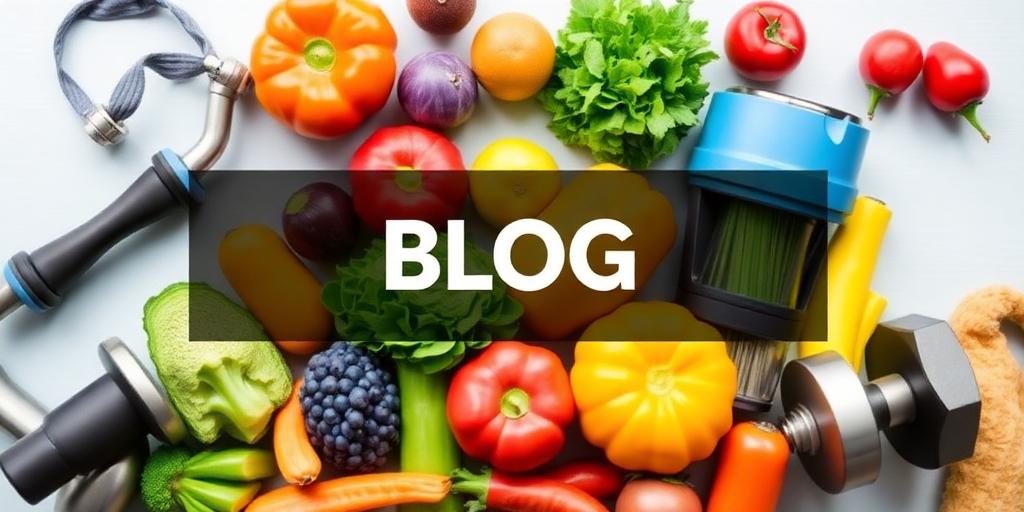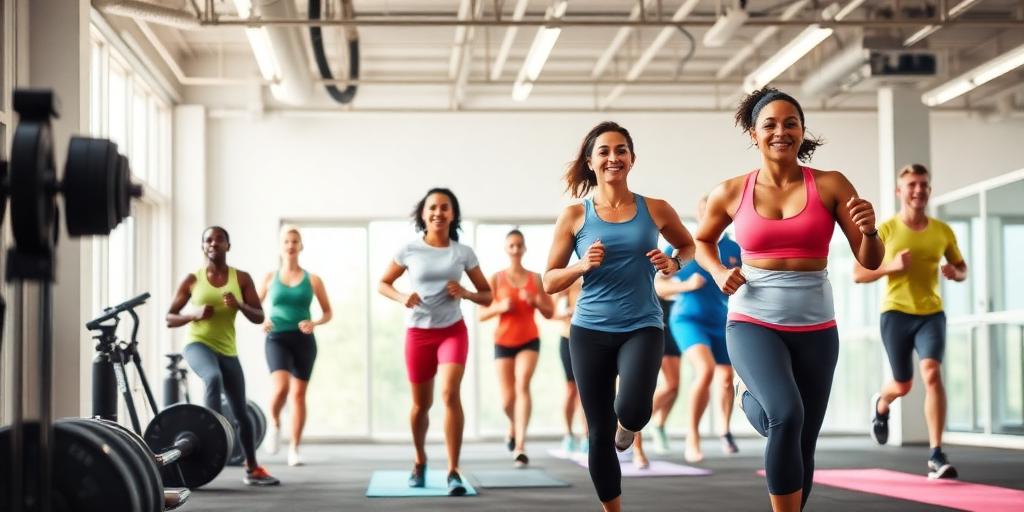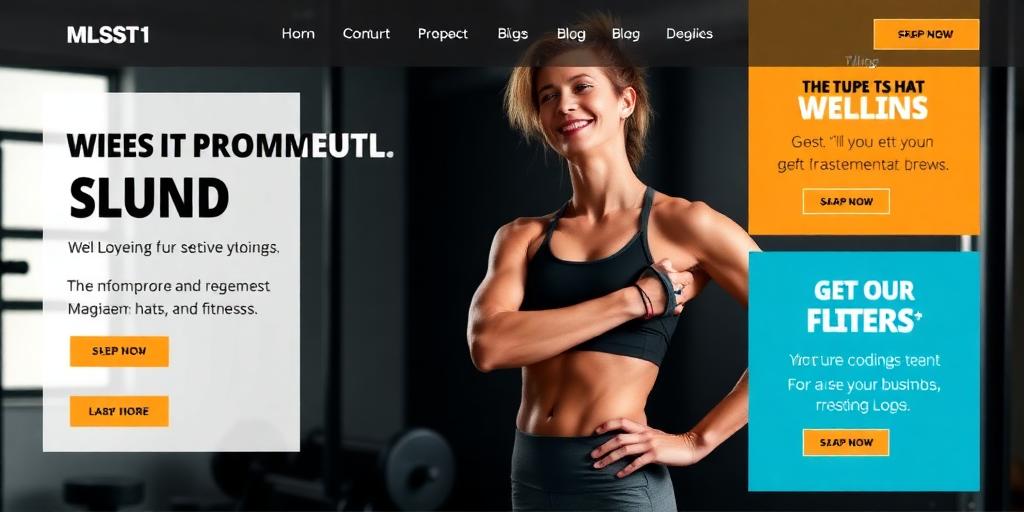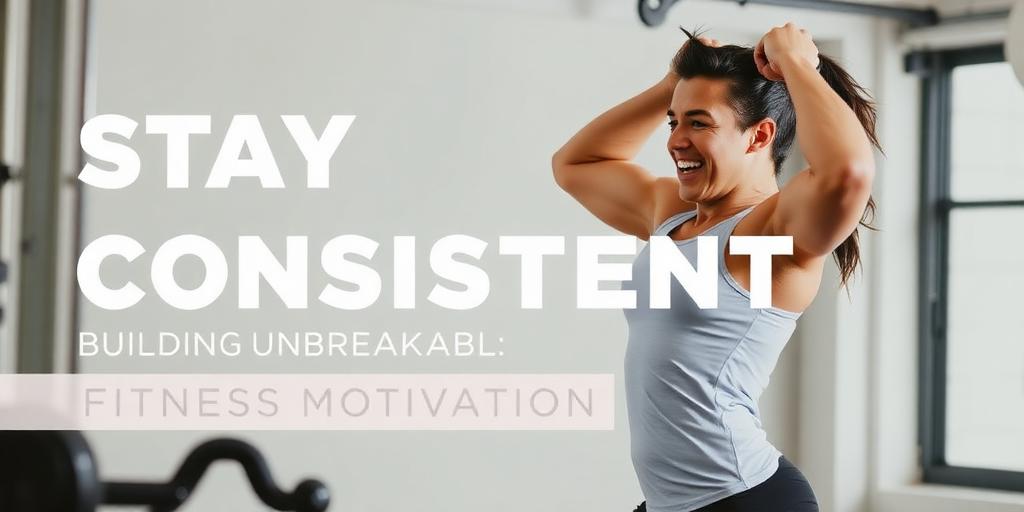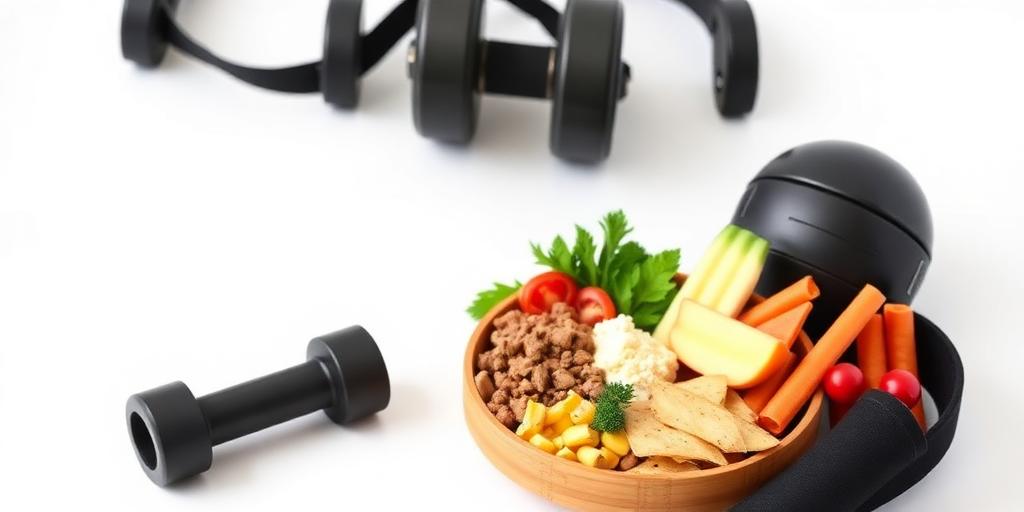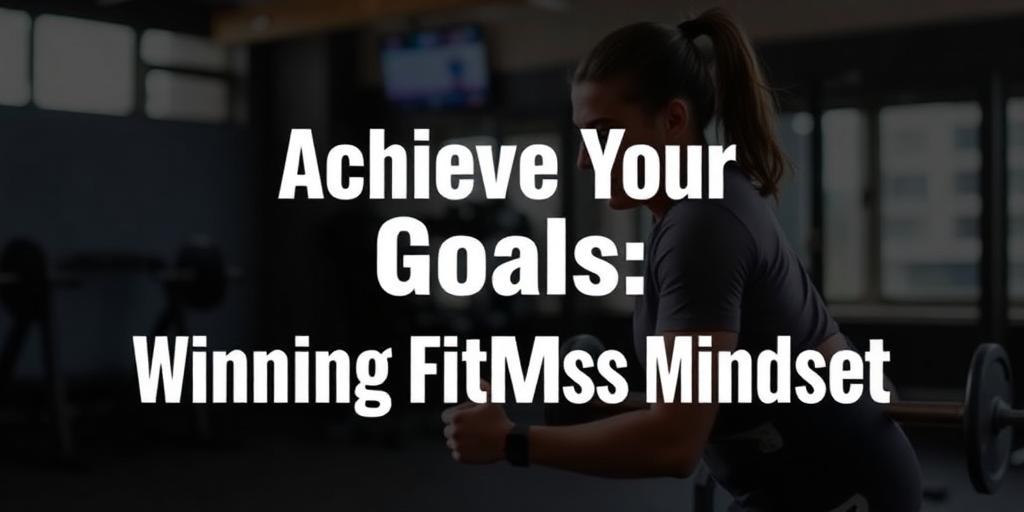Basic Nutrition for Home Fitness Routines
Maintaining a balanced diet is crucial when starting a home fitness routine. Nutrition fuels your workouts, aids recovery, and supports overall health. This guide covers the essentials of nutrition to optimize your fitness journey.
Macronutrients
Macronutrients are the building blocks of your diet. They include carbohydrates, proteins, and fats. Each plays a vital role in supporting your fitness goals.
- Carbohydrates: Your primary energy source. Choose complex carbs like whole grains, fruits, and vegetables over simple carbs like sugary snacks.
- Proteins: Essential for muscle repair and growth. Include sources like lean meats, poultry, fish, eggs, dairy, beans, and legumes in your diet.
- Fats: Necessary for hormone production and nutrient absorption. Opt for healthy fats from sources like avocados, nuts, seeds, and olive oil.
Micronutrients
Micronutrients include vitamins and minerals that support various bodily functions. A deficiency can hinder your progress and overall health.
- Vitamins: Vital for energy production, immune function, and cell repair. Ensure you consume a variety of fruits and vegetables to meet your vitamin needs.
- Minerals: Support bone health, muscle function, and fluid balance. Common minerals include calcium, iron, potassium, and magnesium. Get these from dairy, leafy greens, and lean meats.
Hydration
Water is crucial for all bodily functions, including muscle contractions and nutrient transport. Dehydration can lead to fatigue, reduced performance, and muscle cramps.
- Water Intake: Drink at least 8 glasses of water daily. Increase intake during and after workouts to replenish lost fluids.
- Electrolytes: Replenish electrolytes lost through sweat, especially during intense workouts. Sports drinks or electrolyte-rich foods can help.
Meal Timing
The timing of your meals can influence energy levels and recovery.
- Pre-Workout: Consume a light meal or snack containing carbs and protein 1-2 hours before exercising. This provides energy and primes your muscles for activity.
- Post-Workout: Eat a meal or snack with carbs and protein within 1-2 hours after your workout to replenish glycogen stores and support muscle repair.
Sample Meal Plan
Here is a sample one-day meal plan to support your home fitness routine:
- Breakfast: Oatmeal with berries and nuts.
- Lunch: Grilled chicken salad with mixed greens and avocado.
- Dinner: Baked salmon with quinoa and steamed vegetables.
- Snacks: Greek yogurt, a piece of fruit, or a handful of almonds.
Supplements
While not essential, certain supplements can support your fitness goals. Consult with a healthcare professional before starting any new supplement.
- Protein Powder: Useful for meeting protein needs, especially after workouts.
- Creatine: Can enhance strength and muscle growth.
- Multivitamins: Help fill nutritional gaps in your diet.
Conclusion
Proper nutrition is a cornerstone of a successful home fitness routine. By understanding and applying these basic nutritional principles, you can optimize your workouts, enhance recovery, and achieve your fitness goals. Remember to balance macronutrients, prioritize micronutrients, stay hydrated, and time your meals effectively. Always consult with a healthcare professional or registered dietitian for personalized advice.



